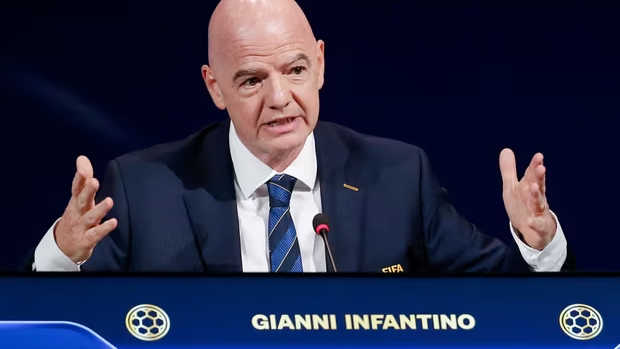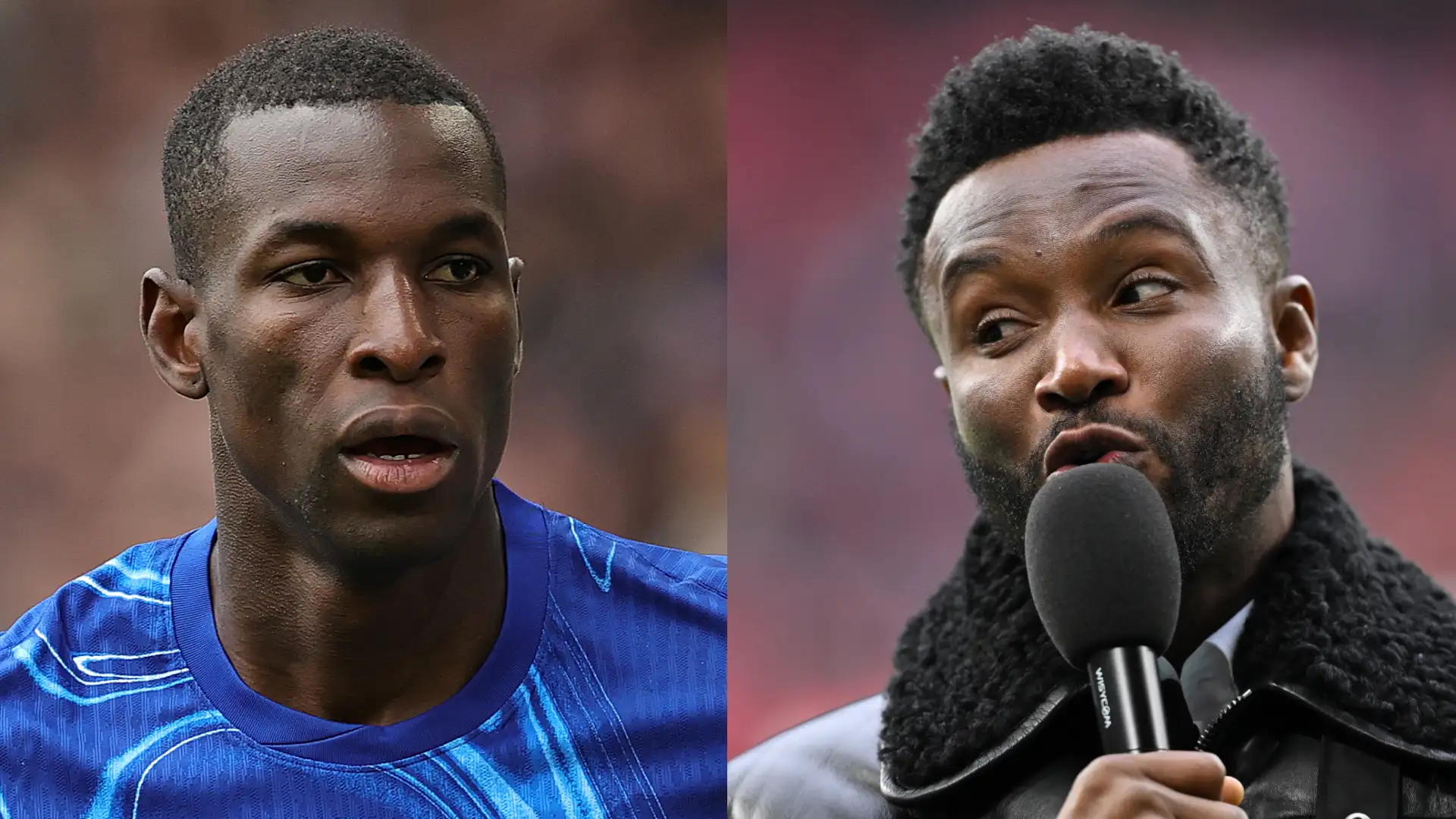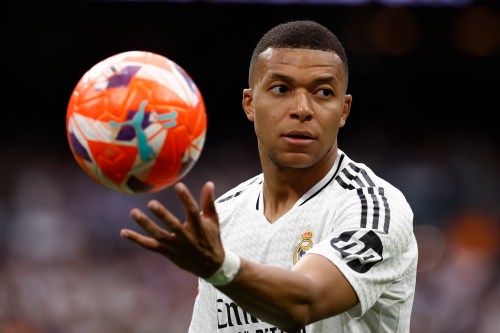FIFA World : Guardian’s Alarm Over Political Spectacle
FIFA World
The Guardian stark warning that FIFA is risking its reputation by allowing the World Cup to become a stage for political. Transitioning from a celebration of sport to a vehicle for political messaging. The tournament appears increasingly vulnerable to the agendas of authoritarian regimes.
This critique comes amid concerns that FIFA under Gianni Infantino is evolving into a global propaganda. Favoring spectacle and image over sporting integrity.
Although football has always had complex links with politics. The Guardian argues that the current hosting plans risk transforming the World Cup into a political stage rather than a sporting arena. Political leaders, authoritarian regimes, and global brands are reportedly leveraging FIFA events to legitimize their narratives and distract from criticism.

FIFA World Sport, Spectacle, and Sportswashing Concerns
FIFA’s embrace of large-scale, authoritarian-friendly World Cups has fueled accusations of sportswashing. Whereby host nations use grandeur to obscure rights abuses. Critics point to both Qatar’s controversial clearance to host in 2022. Recent pressure around potential hosting bids as examples of troubling trends in global football governance.
Therefore it is no longer the games alone that define the tournament but extreme pageantry, lavish venues, and overt political theater. Even the upcoming expansion of the Club World Cup is criticized as part of this broader drift away from FIFA’s core mission.
Governance Questions and Ethical Critics of FIFA World
Beneath the surface, questions of transparency and accountability continue to dog FIFA. A coalition of NGOs and legal experts. Recently claimed that the organisation is “arguably more poorly governed today than ten years ago,” despite reforms promised after historic corruption scandals.
They also challenge FIFA’s close alignment with specific governments—most notably the United States—raising fears that bidding decisions and tournament planning may be influenced by geopolitical.
Fans, Activists, and Political Advocates Respond
Public pushback is growing. Fans have staged spontaneous protests at recent tournaments. Including banner displays and t-shirt messages such as “Women Life Freedom” during World Cup matches in Qatar.
Activist campaigns are also warning the public of authoritarian tendencies within FIFA and several host governments. Although FIFA’s codes forbid political messages in stadiums, enforcement has been inconsistent—and that inconsistency itself fuels criticism.
The Road Ahead: Reform or Resistance?
As the 2026 World Cup draws closer, uncertainty looms over how far FIFA will go in balancing politics and sports. Formats and bids may offer new opportunities to reset the narrative, but current oversight gaps are still fresh in observers’ minds. Critics argue that without rapid reform, the tournament may continue to devolve into political theatre, alienating fans and harming its global reputation.
Despite FIFA’s stated commitment to reform, many remain skeptical. Pressure is mounting for structural changes, ethical hosting standards, and stronger protections to keep politics off the pitch.



